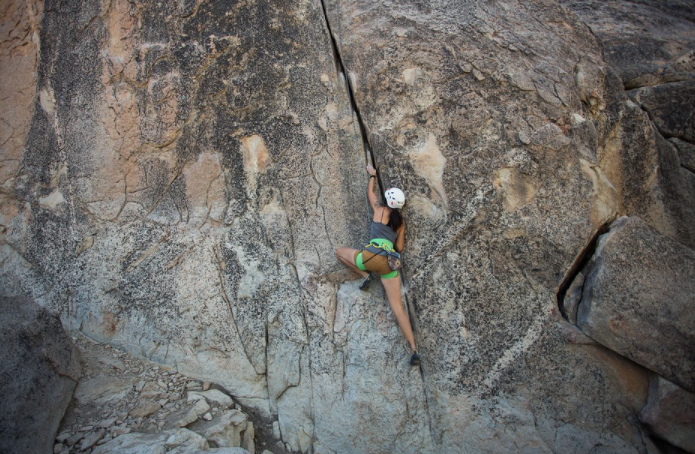
Physical and Mental Health Benefits of Rock Climbing
When climbing is gaining tremendous popularity, many individuals still consider rock climbing a risky and dangerous endeavor. But what happens when you weigh the dangers against the benefits? I may be biased because most of the people I hang out with and I are rock climbers, but I believe the holistic benefits of climbing far outweigh the potential dangers. It is especially if we follow some guidelines on an article titled “Gearing Up for a Climb is a Must.” Climbing provides physical, emotional, and social benefits to the climber.

Rock climbing’s health and mental health benefits can be optimized when the rock climber properly gears up. When the rock climber has the right gear, the safety can be improved. It prevents any potential injuries that may occur to the rock climbers. Also, there are several utilities that you should get to get a better rock climbing experience. It’s also essential to prepare yourself before rock climbing. Getting all prepared, you can start your rock climbing and get the best health benefits of it. Here are the health benefits of rock climbing
Physical Health Benefits of Rock Climbing
 Rock climbing won’t make you that muscular just like a bodybuilder. However, it works for your entire body muscles. As a beginner climber, you may use mostly your back and arm muscles, but more demanding climbers rely on their legs and midsection to their arms and palms. Different types of climbing provide different workouts, for example, bouldering requires short bursts of intense effort, while chute climbing requires more sustained and longer attempts. Slide climbing usually requires at least one short full-weight climb to reach the rock, including additional cardio exercise. It is the ideal game for any age and skill level.
Rock climbing won’t make you that muscular just like a bodybuilder. However, it works for your entire body muscles. As a beginner climber, you may use mostly your back and arm muscles, but more demanding climbers rely on their legs and midsection to their arms and palms. Different types of climbing provide different workouts, for example, bouldering requires short bursts of intense effort, while chute climbing requires more sustained and longer attempts. Slide climbing usually requires at least one short full-weight climb to reach the rock, including additional cardio exercise. It is the ideal game for any age and skill level.
Mental Health Benefits of Rock Climbing
Non-climbers may overlook the mental part of climbing, but it is just as important, if not more so than the physical element. First, climbing relieves anxiety because the physical action of climbing releases endorphins that relieve stress. The next reason is the total mental focus the climber must maintain on their posture and balance as they move to another belay-a type of active meditation that calms the brain and relieves stress.
Prolonged stress can lead to increased blood pressure, sleep disturbances, and headaches. It has also been linked to fat storage. In addition to relieving pressure, it’s often there in climbing, especially when bouldering or hammering the knot on a tricky climb. Climbers often “work” a route or “work” that problem, meaning they try to drop the identical route with radical modifications or small sets or order. The realization of starting (completing) a route is self-affirmation, and overcoming fears builds confidence, not only in climbing but in broader areas of life such as work and school.
